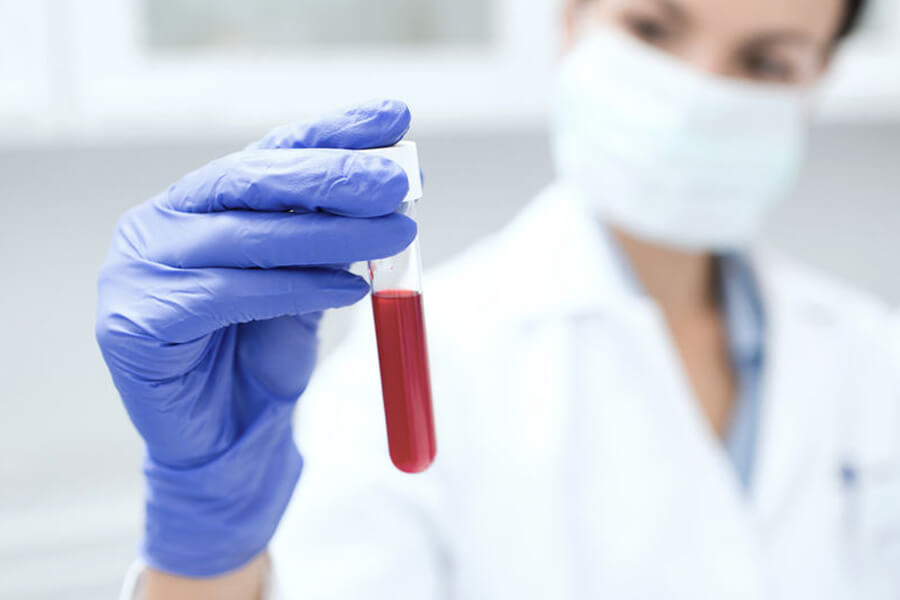The U.S. Department of Veterans Affairs reports that 7 to 8% of the population will have PTSD at some point in their lives, but it’s not always easy to diagnose.
Identifying biomarker gene expression signatures
Now researchers from the Indiana University of School of Medicine have discovered a breakthrough that may change that: a cluster of genetic markers that could help lay the groundwork for a PTSD blood test.
In addition, their findings might help create future treatments and possibly also help identify people who could be at risk for future traumatic stress.
For this 10-year study, the team of scientists recruited more than 250 veterans who were currently getting treatment for PTSD at a VA medical center. The researchers took laborious steps to identify stress-related genes from 20,000 or so genes. Eventually, the team was able to isolate 285 genetic markers associated with 269 genes.
When comparing these genetic markers with the health records and psychiatric test results of certain participants in the study, they found that, in fact, these “biological fingerprints” were “predictive of high-stress states and of future psychiatric hospitalizations related to stress.”
According to senior study author Alexander B. Niculescu, “Half of the top predictive biomarkers for stress also had prior evidence of involvement in suicide, and the majority of them had evidence in other psychiatric disorders … By understanding in a biological way a patient’s illnesses and their mental health challenges, we could treat what they have better, preventing future episodes. [These findings] have broader relevance for not just veterans, but the general public.”
Causes of PTSD
Although about half of Americans have experienced at least one life-threatening experience in their lives, things tend to gradually improve for most people after a few weeks or months. But for some people, these symptoms can endure with intensity for years.
PTSD is more likely to develop in traumatic events related to combat or sexual assault.

